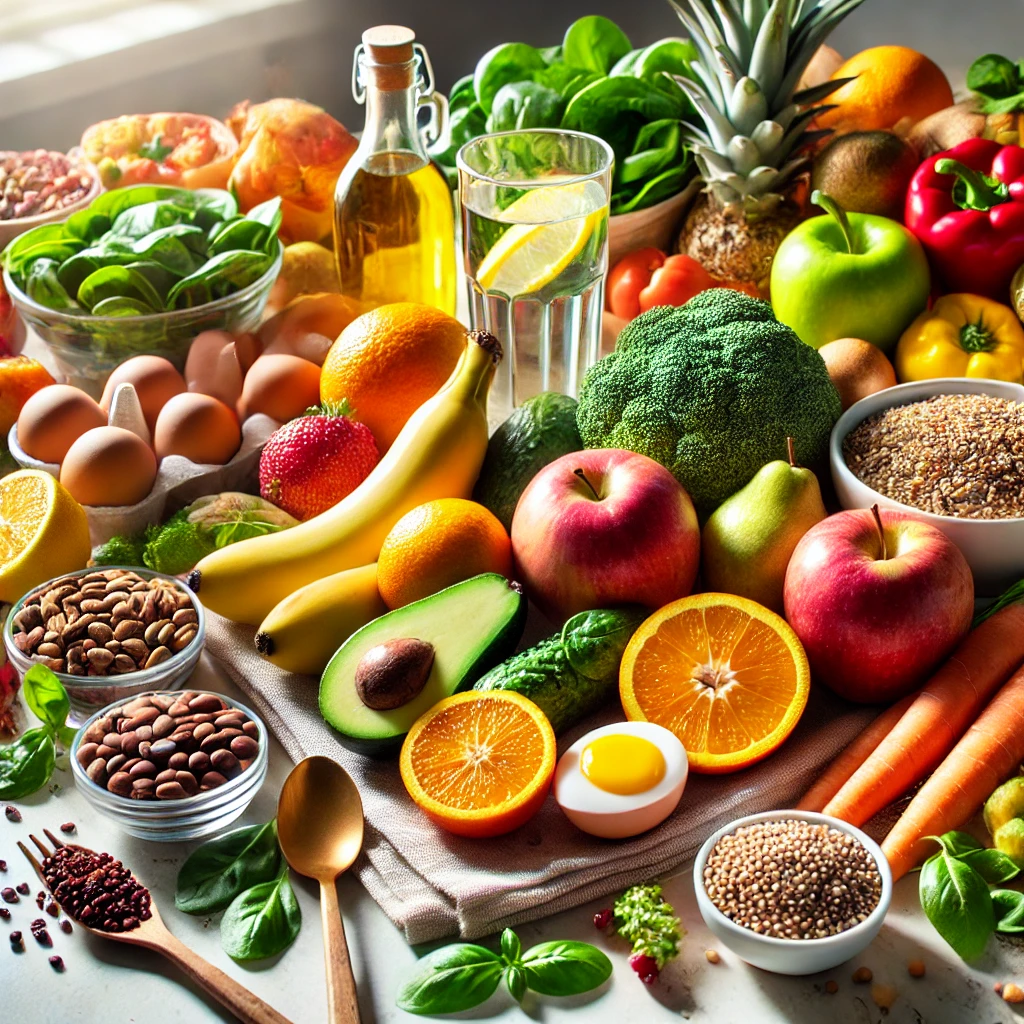Consuming an ample variety of fruits and vegetables is paramount for maintaining a healthy lifestyle. But when it comes to consumption, the dilemma often arises: should we go for fresh produce or reach for frozen options straight from the freezer?
The primary goal is to relish the consumption of fruits and vegetables to absorb an array of essential nutrients like vitamins, minerals, and fiber, which are vital for various bodily functions. Supermarket shelves offer an array of choices, but when it comes to fresh vs. frozen, which option delivers more nutrients? In this article, we delve into the products that pack the most nutritional punch and uncover the reasons behind it.
Challenging Preconceptions About Frozen Products Frozen fruits and vegetables often suffer from a negative reputation. Many consumers associate frozen products with inferior quality. On the other hand, the fresh produce showcased in prime sections of supermarkets seems to radiate freshness. However, a closer examination of the journey these products undertake is essential.
From Farm to Grocery Aisle The term “fresh” doesn’t necessarily guarantee optimal freshness. Fresh fruits and vegetables displayed in prime sections may appear nutritionally superior, but in many cases, they have already traversed long distances. Nutrient content is highest immediately after harvest, but these nutrients don’t immediately grace our tables. Instead, they are routed to wholesalers before eventually reaching supermarkets, where they might sit for days without proper refrigeration before finally landing in our baskets.
The Peril of Diminishing Nutrients A problem arises during this journey: sensitive nutrients such as vitamins degrade significantly due to light, oxygen, and heat. For instance, spinach can lose up to 50% of its vitamin C content by the time it’s available for sale in supermarkets compared to its state at harvest. Furthermore, improper storage can lead to mold growth.
The Surprising Tenacity of Frozen Goods Contrary to popular belief, frozen foods outshine fresh products when it comes to retaining nutrients. Frozen fruits and vegetables are promptly blanched in water immediately after harvest. They then undergo rapid freezing through a quick-freeze method. As a result, the time between harvest and freezing is often reduced to a matter of hours. This technique helps maintain the integrity of vitamins and nutrients. None of these precious nutritional qualities are lost during the journey to supermarket shelves.
Preservation That Retains Flavor and Texture Instant freezing also helps uphold the original taste and texture of the foods. The preconceived notion that fresh products outweigh frozen ones in terms of nutritional quality isn’t entirely accurate. However, it’s critical to note that the cold chain should never be broken. If frozen fruits and vegetables exhibit signs of clumping, it indicates they’ve thawed at some point.
The Preference for “Homemade” Nothing beats the taste of homegrown fruits and vegetables. Nutrient levels are at their peak right after harvest. Moreover, this option ensures the absence of chemical pesticides or genetically modified seeds. If you have a bountiful harvest, the solution is to quickly freeze any surplus using a Liebherr freezer. This way, you can enjoy your vitamin-rich products throughout the winter.
Concrete Examples of Nutritional Benefits To further illustrate the contrast between fresh and frozen products, let’s delve into a few specific examples:
- Spinach: As mentioned earlier, spinach rapidly loses its vitamin C content post-harvest. However, frozen spinach is blanched and rapidly frozen, preserving much of its vitamin content.
- Strawberries: Fresh strawberries can be prone to damage during transport. Frozen strawberries are picked at their peak of ripeness and rapidly frozen to preserve flavor and nutrients.
- Broccoli: Fresh broccoli may lose some of its nutrients during long journeys to the supermarket. In contrast, frozen broccoli is usually harvested and frozen shortly after, ensuring maximal nutrient retention.
- Mangoes: Frozen mangoes are often picked at their peak of ripeness, which means they contain an optimal concentration of nutrients. They are swiftly frozen to preserve their quality.
- Green Beans: Frozen green beans are blanched before freezing, helping them retain their vibrant color and nutrient content.
In summary, frozen products can be just as, if not more, nutritious than their fresh counterparts. Their rapid freezing process helps maintain nutrients and ensures consistent quality. However, it’s essential to ensure the cold chain is maintained to preserve their optimal quality. Ultimately, the choice between fresh and frozen products can be based on personal preferences, lifestyle, and the availability of local produce.




Comments are closed.